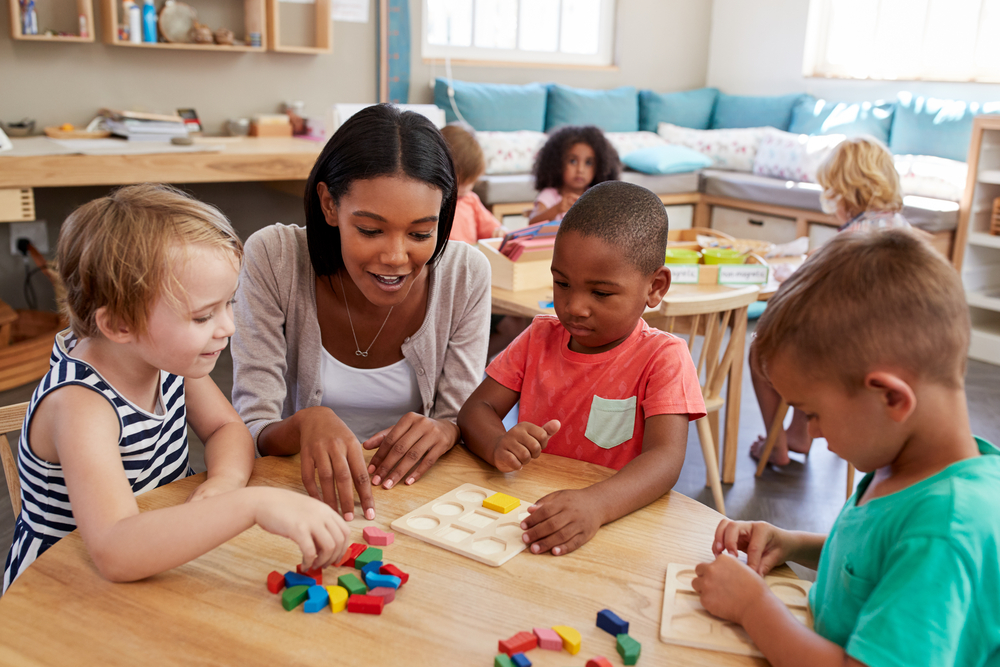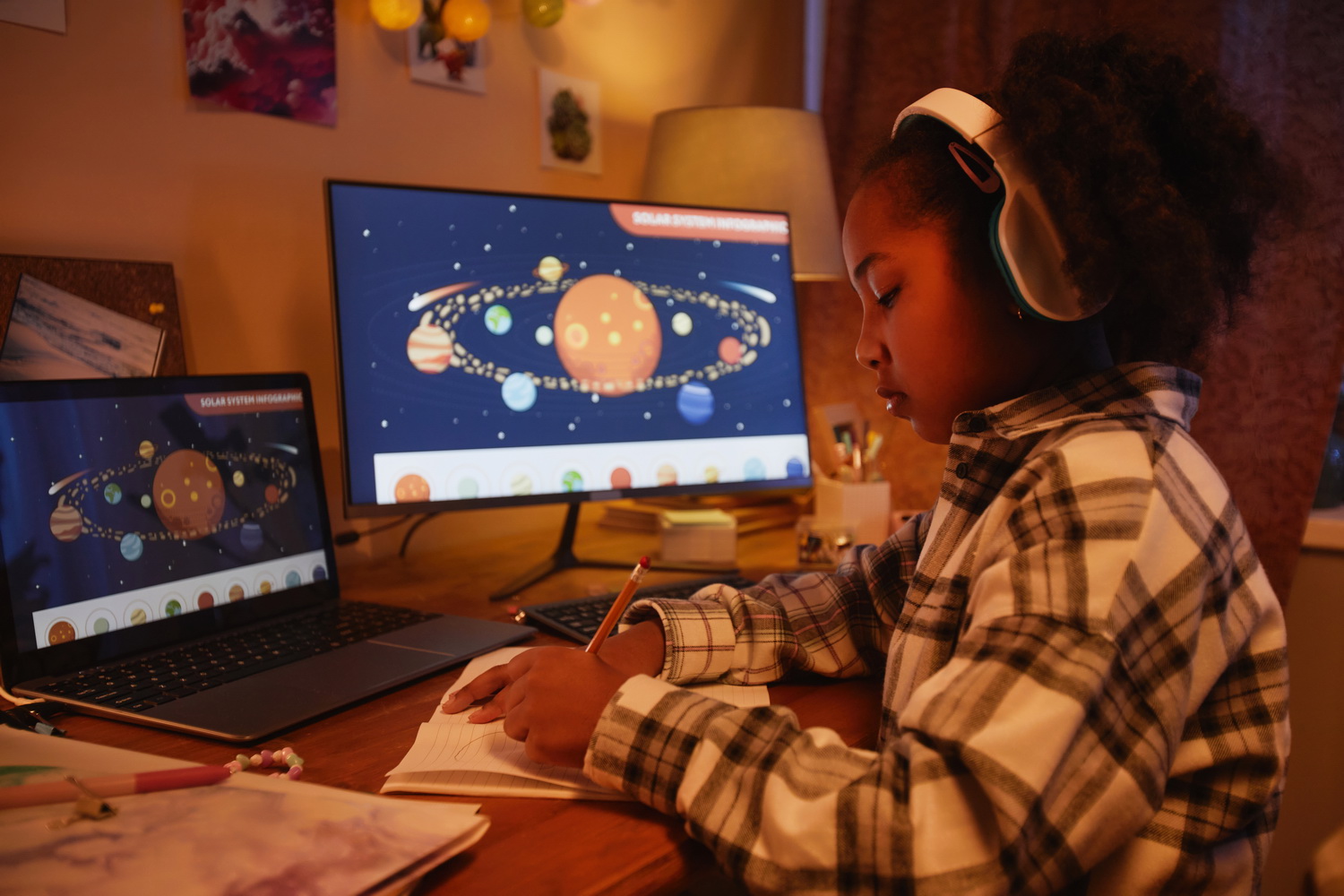Parental Presence in a Child’s Life
March 15, 2022
Secure Attachment - Meeting Needs
Secure attachment relates to a child’s relationship with their main caregiver/s. The attachment bond is the emotional connection between a baby and their primary caretaker which shapes the way a child relates to themselves and others as they mature.
Ensuring your child is securely attached to you, and then to themselves as they grow, is incredibly important because this strong foundation is what supports them throughout every developmental stage. The need for a parent's presence in their child’s life starts when they are born, in which they will respond to a child’s cues, which encompasses their emotional, physical and social requirements.

If their needs are met, a child will become securely attached to their caregiver. From there, a child should slowly and incrementally begin to explore the world in their own way. The attachment paradox explains how a child needs their mother, or primary caregiver, closeby in order to form their own independence. This is paradoxical due to the fact that a child can only establish independence, in the presence of their dependent. Therefore, only once they are secure in a relationship, and to some degree a specific space, with their ‘safe person’, can they then begin to spread their own wings and independently explore and establish themselves.
As children get older parents should remain attentive, present and provide a safe space to ensure they can continue meeting their child’s needs and ensuring their healthy development.
Presence and the Need for Nurturing Care
The World Health Organisation has issued guidance echoing this sentiment about the importance of parental presence in a child’s life. The framework, titled Nurturing care for early childhood development, explains how strong relationships and a nurturing parental presence in a child’s life, is the ‘engine that propels brain development’.
The WHO’s document also states that preliminary interactions between parent and child, when children are very small, specifically before speech is developed, such as cuddling, eye contact, smiles, gestures and vocalisations, are the things that aid healthy development. By being present and attentive to a child’s needs, from when they are very small to when they mature, parents help their children properly understand themselves and the world around them.
The WHO says:
“...parents and intimate family members are the best providers of nurturing care….By observing their young child and discerning their child’s needs and intentions, parents help their young child learn about the world by describing and explaining their own and their child’s behaviour.”
Space to Develop
We have now spoken a lot about the need for parental presence, and therefore proximity, to a child as they grow. However it is important to note that space is also important to ensure healthy development, both emotional and physical space, at home and at school. Let’s first start with physical space.
One of the principles of the Montessori system of education is that within an educational setting the adult should provide a space in which children can access ‘free-flowing’ educational materials. The Montessori principle expects a free-flow of materials and resources and the presence of an adult that ‘understands(s) the need of the child for freedom to move, choose, play, explore, share, watch and contemplate, as well as revisit and reflect’.

Teachers and caregivers here need to trust a child’s capacity to choose and engage with the activities that will help them develop, and to not interrupt them as they explore. You can give a child worksheets for kindergarten and let them solve them themselves. As you can see, this principle places the trust and independence in the child’s hands, and expects the adult to remain present and ‘observe, carefully consider what they are seeing, and deliberate on their interpretations’ before they interact.
This is a different way to practise presence in a child’s development, by giving them space and freedom to make their own decisions in a safe way.
Impact on a Child's Academic and Social Development
A study conducted by the Society for Research in Child Development explored the way in which parental involvement in a child’s educational and home life impacted their academic and social development. The research identified that consistent parental involvement across a child’s home and school life, specifically in the early years of a child’s development, helps children achieve higher school grades.
The study found that children with consistent and supportive parental figures exhibited less ‘problem behaviours and improvements in social skills’, with other areas of the study showing that children with highly involved parents had ‘enhanced social functioning’.
The study found that:
“If parents are aware of a teacher's instructional goals, they may provide resources and support for those learning aims at home. Similarly, in terms of social development, parent involvement may facilitate the development of consistent disciplinary approaches across home and school. Accumulating evidence suggests that these parenting practices are associated with higher academic success in the early grades, although links to socioemotional outcomes remain less clear.”
Children Need Space to Establish a Sense of Self
Although the research illustrates the importance of parental presence, consistency and support in a child’s life, it is important to recognise how too much involvement can overwhelm a child. As shown within the Montessori educational approach, little ones still need a certain amount of space and freedom to learn and develop within themselves and the contexts in which they are within.
Parents and caregivers should ensure a child has firm boundaries, within which they know the parameters of what is acceptable and what is not. However, within those boundaries parents should facilitate children to make choices and decisions, express themselves, grow their talents, explore social interactions and reach developmental milestones.
As shown by the attachment paradox a child needs to know their caregiver, or dependent, is close by in order to form their own independence. Once they are secure within this relationship they can spread their wings a little farther each time and establish their own sense of self.

Mindful Activities
Undertaking ongoing mindful activities as a family is one of the great ways to practice presence as a family. Mindfulness activities such as yoga, drawing, body scans, creative games and crafts are all great ways to aid relaxation and self expression, and to provide valuable tools for children to utilise as they grow up. If your children see you practising mindful activities individually they are also more likely to want to join in and practise them themselves.
By ensuring your household is one of mindfulness and presence, both within the relationships you have, but also through the activities practised by all members, you can model healthy behaviours and ways of being to children.
Balance is Key
With a calm household, present parents and techniques to help them navigate life's ups and downs, children will be well equipped to develop in a healthy, beneficial way.
As mentioned, parental presence is very important to ensure emotional security. However, providing children with the space they need (both physical, social and emotional) to make their own choices, express their feelings and practice taking actions is just as important. As ever, balance is key!
About the author
Alison Carter - Play-Based Educator, ESL Teacher, Trauma Sensitive Yoga and Pilates Teacher.
Manchester, England, UK.












